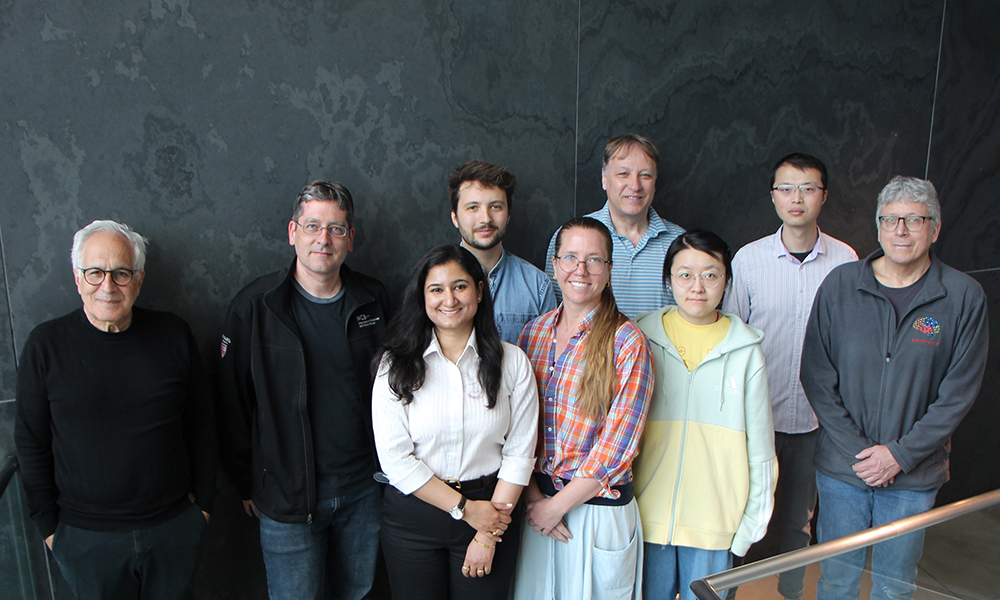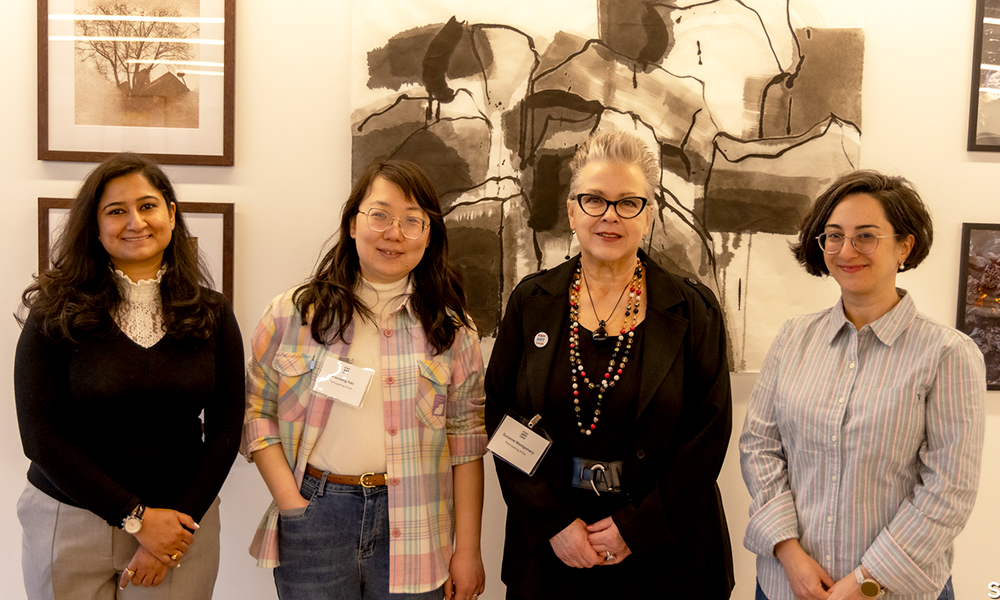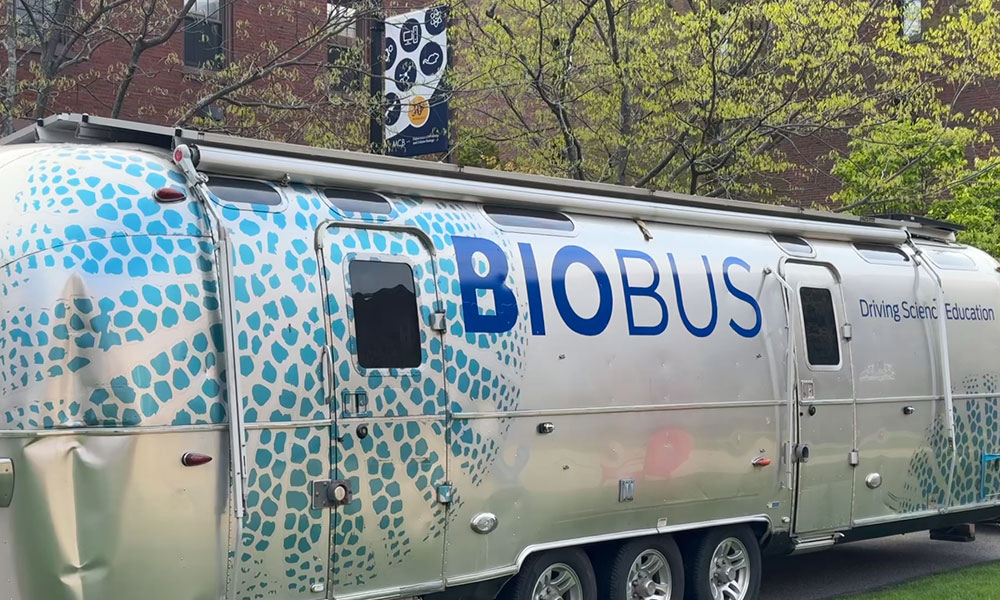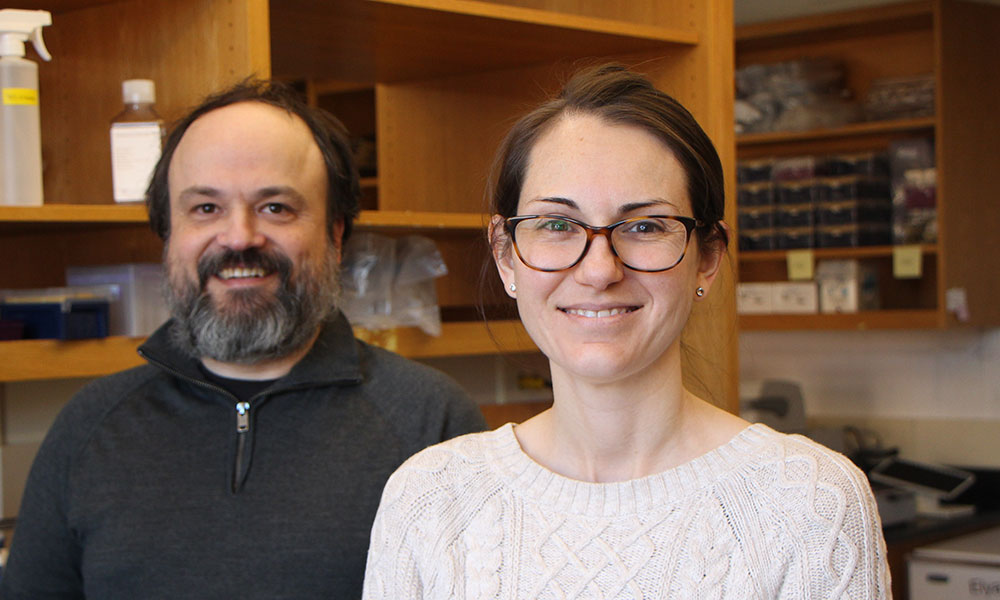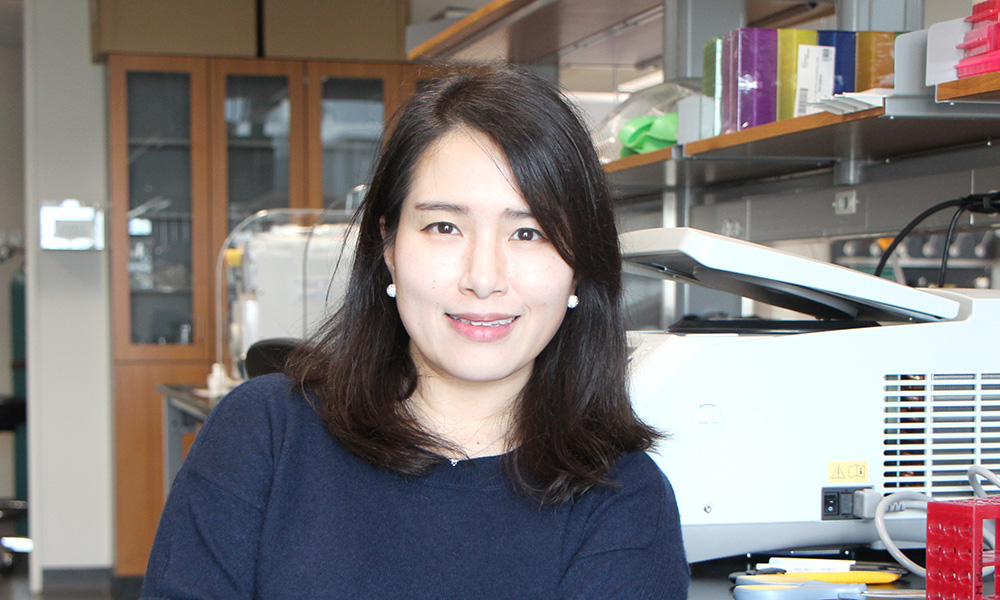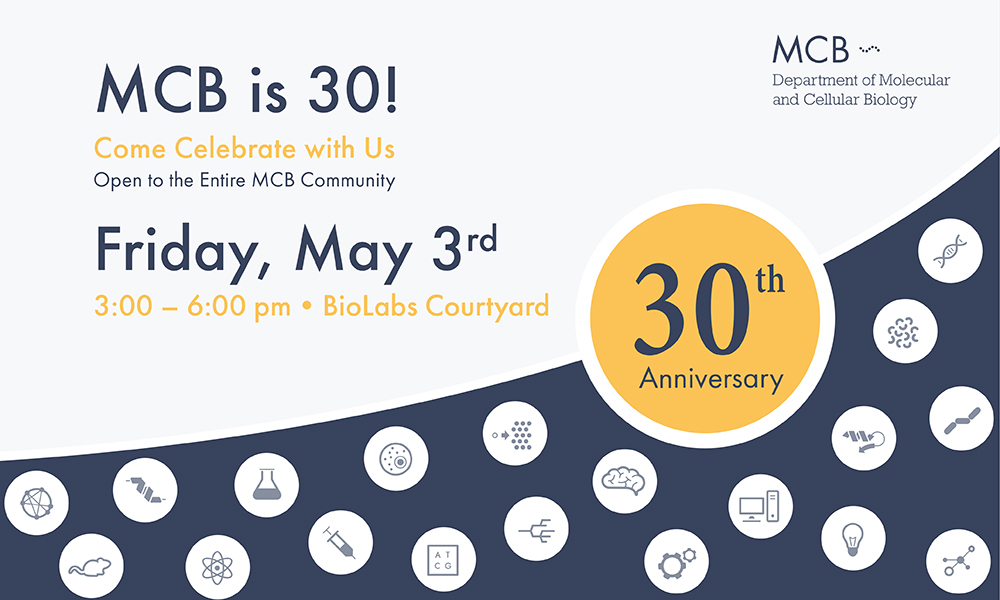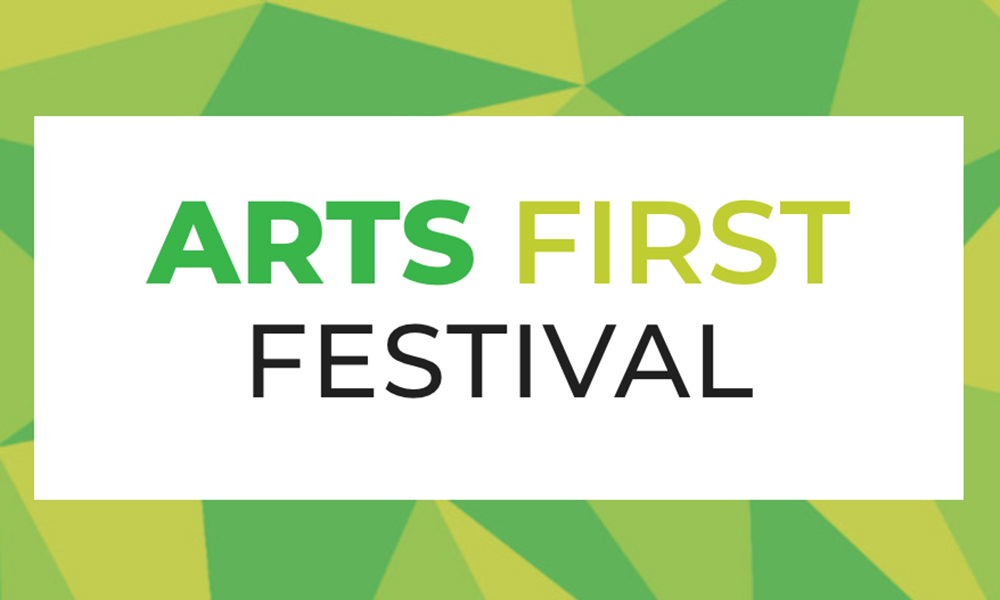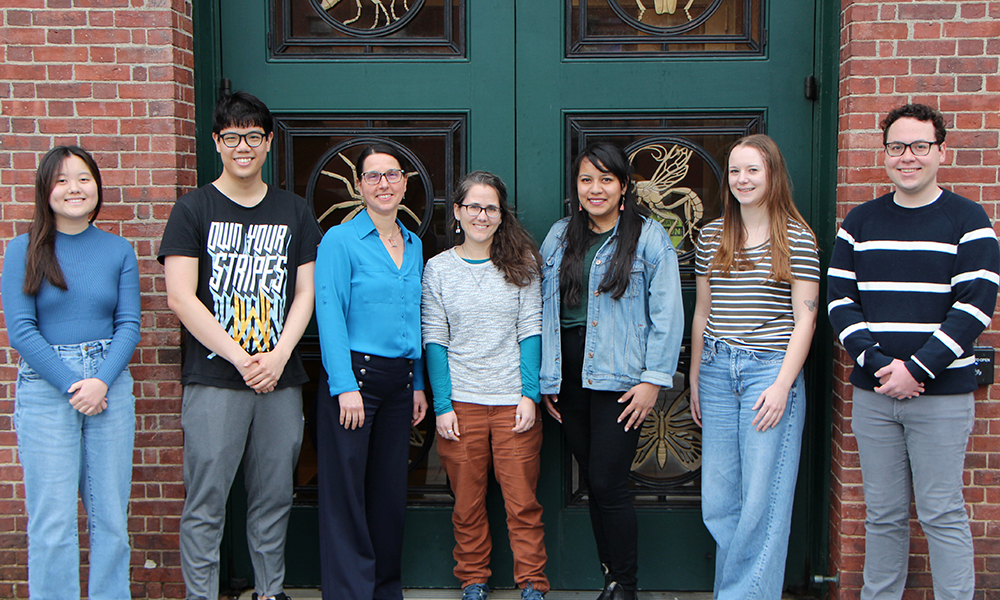Since 2018, the Lichtman Lab has been painstakingly mapping every cell and synapse in a tiny brain sample from a human patient. Although the sample represents only one…
Every year, the Harvard Art Show highlights the creativity of Harvard University staff through local shows. This year, the work of four MCB scientists is included in these…


